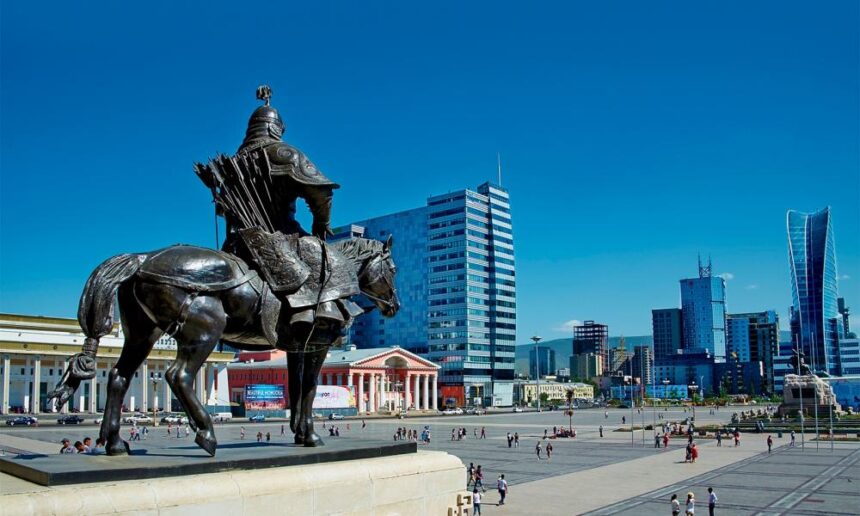A poem by Jean de La Fontaine called “The Bear and the Amateur Gardener” tells about how a bear whose duty is to keep the flies off his gardener friend, seizes a paving stone to crush the flies and kills the sleeping friend as well. “Bear service” means to do a disservice. The people who are the fond of such service are mostly politicians. This type of globalized service has also affected us.
Price restrictions on consumer goods, particularly on flour, meat and petroleum, by the government at the end turns into the bear service.
No one can deny the government’s support of cultivators through campaign called ‘Atar III’ has resulted in the increase of domestic crop supply. However, no one is thinking about how this support are so costly and where is it coming from indeed. The Ministry for Food, Agriculture and Light Industry for national reserve purchased from cultivators one tons of wheat harvested last year at MNT350 thousand, the price enough to make a profit after the expenditure.
The Government sold the reserved wheat to flour manufacturers at reduced price of MNT250 thousand and in return demands them not to increase their flour price, which means the Government paid the difference of MNT100 thousand from the pocket of taxpayers. For this purpose, MNT11.5 billion was allocated from the budget this year alone that means taxpayers have paid for the half price of flour consumed by non-taxpayers.
There is no free meal and only politicians think that there is.
Demand and supply of any product at the market is self-regulating, which is expressed by its price. It is a voluntary choice whether to sell or buy it at such a price. Any failure to trade at this price means the increase of demand for similar or substitute products, for which reason there is a restriction in price growth. But any attempt by the government to regulate this restriction creates abnormality in demand and supply of a particular product and fruther inflates the price. Once the support runs out, the price will go high and low-income people suffers the most and that is why it is a bear service.
The market price itself reflects all information related to supply, production and transportation of materials for a particular product. The price restriction is impossible as is the restriction of these information. It is just an short-sighted attempt to keep the price stable for a short period of time at higher costs.
Look at growing price of flour for the last days. This jump is directly because of Russia’s ban on its crop export caused by disastrous wildfire that destroyed thousands hectare of cultivated land. Politicians claim that our country has a sufficient reserve of wheat. But Oyungerel, an inspector from the General Customs of Mongolia, has an opposite information. Oyungerel said Mongolia has imported 64 thousand tons of wheat and 70 thousand tons of flour this year alone, from Russia. No one talks about Russian flour is always on-demand in Mongolia because its quality is much better than the flour produced in Mongolia. Consumers can have a choice if both of them are available at market.
L.Chinbat, president of Gatsuurt Company, which owns the biggest and the most advanced technology in the country, criticized recently that the Ministry of Food, Agriculture and Light industry must stop its repeated actions to undercut the price. According to Chinbat, Gatsuurt was about to sell its wheat to Altan Taria, the largest flour producer in the country, at MNT350 thousand but the Ministry undercut the price.
Price growth is a normal phenomenon, which encourages manufacturers increase and expand their production. In other words, a price growth supports the supply. The market should fix the price itself and there is no other best way to reduce the price significantly than increasing the supply. The attempt by the government to regulate or restrict the price will not yield any results on a long-term basis.
Recent efforts made by our government to regulate the flour price with the lapse of time will loosen the competition among agricultural industry of the country and will limit potential merge of small enterprises into a big company to an economically profitable scope and further cuts a reliable source of supply. Current policy to restrict the flour price is exactly same as to add insult to injury.
The price can be stable only when price of consumer goods is regulated not by the government but the market itself.
Translated by P.Shinebayar
UB Post
September 3, 2010







